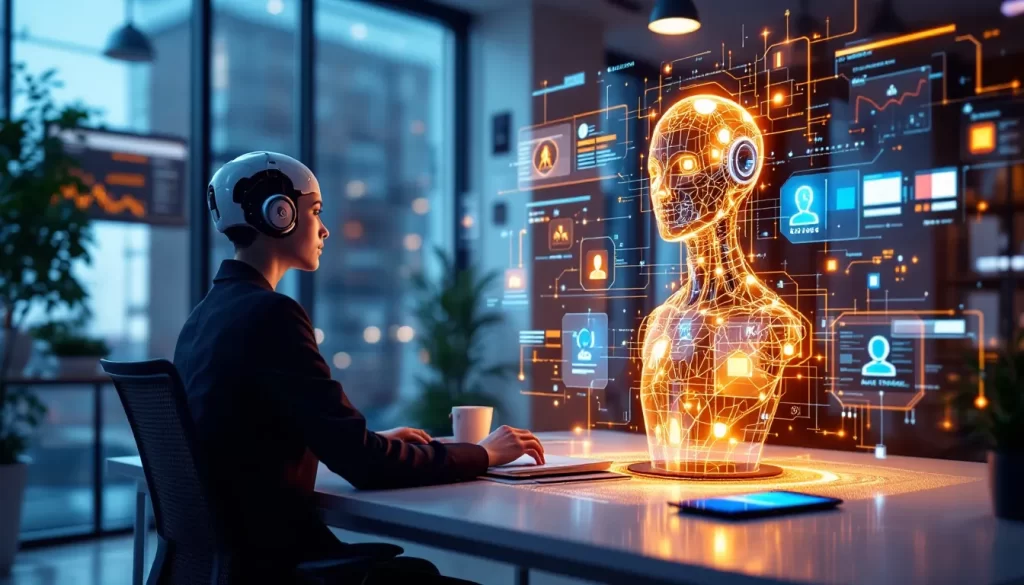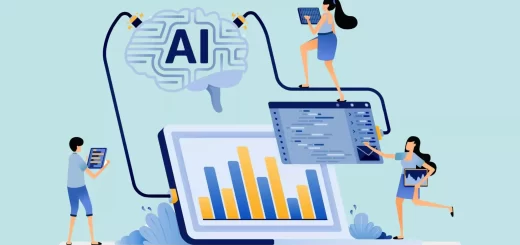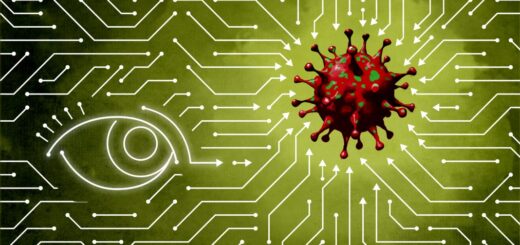AI-Powered Agents Take a Step Toward Autonomy

Automation has long been a goal of artificial intelligence, but most AI systems have traditionally required constant human oversight and direct interaction. However, in April 2023, a major leap occurred with the rise of AI-powered autonomous agents, capable of independently setting and executing complex tasks without continuous human intervention.
The emergence of Auto-GPT, BabyAGI, and other experimental AI agents demonstrated that AI could break beyond simple prompts and function with long-term objectives in mind. These autonomous systems showcased early signs of self-guided decision-making, recursive task execution, and goal-driven adaptability, marking a shift in how AI was used for problem-solving and workflow automation.
How AI Agents Differed from Traditional AI Models
Unlike chatbots or single-task AI tools that required manual prompting, these AI agents introduced a more independent operational structure. They could:
- Define their own sub-tasks – Instead of waiting for new instructions, AI agents could generate follow-up tasks to reach an overarching goal.
- Access and retrieve external information – Agents could search the web, analyze data, and refine their approach based on real-world context.
- Interact with other AI models and APIs – They could coordinate multiple systems, making them useful for business process automation and research workflows.
This evolution suggested that AI was beginning to transition from a reactive tool to a proactive digital assistant.
Where Autonomous AI Agents Were Being Tested
The introduction of these AI-driven agents sparked excitement in various fields, where automation could reduce workloads and improve efficiency.
1. AI in Business Process Automation
- Companies experimented with AI agents to automate repetitive office tasks, such as data entry and email responses.
- AI-driven assistants helped manage market research and competitive analysis, processing large datasets and summarizing insights.
2. AI in Software Development
- Developers integrated AI agents into workflows to automate debugging and code documentation, reducing manual intervention.
- AI-powered task managers could break down complex software projects into manageable objectives, assisting project teams.
3. AI in Scientific and Market Research
- Researchers tested AI-driven automation tools to conduct literature reviews and track emerging scientific developments.
- Financial analysts leveraged autonomous AI models to analyze economic trends and optimize investment strategies.
These early applications hinted at a future where AI assistants could handle entire workflows with minimal human input.
Challenges and Ethical Considerations in AI Autonomy
Despite their capabilities, AI-powered agents faced technical, ethical, and security challenges that had to be addressed before mainstream adoption.
1. The Risk of Uncontrolled Execution
- Since AI agents could create their own tasks, there was concern about unintended loops or infinite execution cycles.
- Developers had to design fail-safes and restrictions to ensure responsible task delegation.
2. Data Privacy and AI Decision-Making Transparency
- Autonomous AI systems required access to external data sources, raising concerns about information security and data governance.
- Transparency was crucial, as AI-driven decisions needed to be explainable and accountable to human operators.
3. Long-Term Implications for Human Roles
- As AI took on more complex, autonomous roles, industries faced discussions about the future of human-AI collaboration in business and research.
- Organizations needed strategies to reskill employees, ensuring AI complemented rather than replaced human expertise.
These challenges underscored the importance of developing AI governance frameworks for safe and ethical deployment.
What’s Next for AI-Powered Agents?
With early AI agents showing strong potential, the next phase of development was expected to focus on:
- More refined reasoning capabilities – AI systems would improve in understanding context, refining responses, and handling multi-step planning.
- Seamless AI integration with enterprise software – Businesses would embed autonomous AI agents into CRM, ERP, and operational tools.
- Collaborative AI agents – AI-powered assistants would work together in multi-agent ecosystems, simulating human-like teamwork.
These advancements positioned AI-powered agents as a major force in the evolution of digital automation and intelligent task execution.
A Major Milestone in AI Autonomy
The rise of Auto-GPT and similar AI agents in April 2023 represented a turning point for autonomous AI systems. Instead of reacting to human input, these agents could independently plan, execute, and adapt to changing conditions.
However, with these new capabilities came critical concerns about control, security, and ethical implementation. How society managed these challenges would shape the role of AI-powered agents in future industries.




